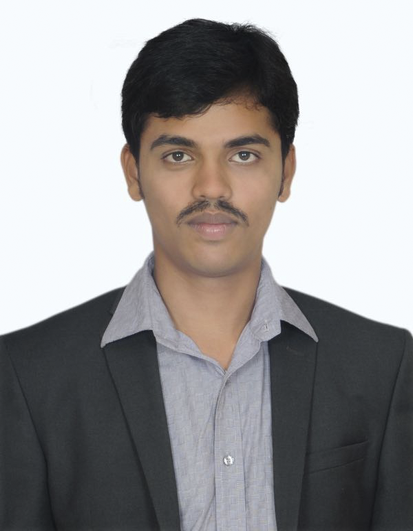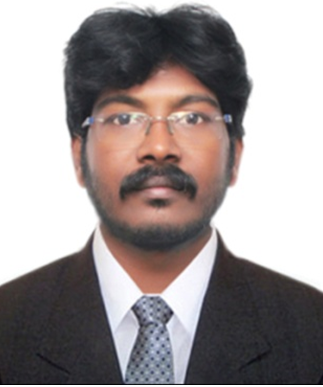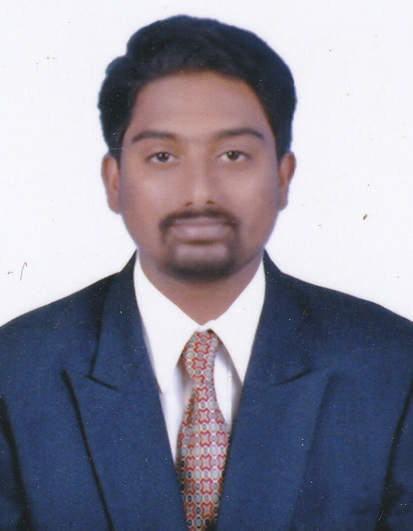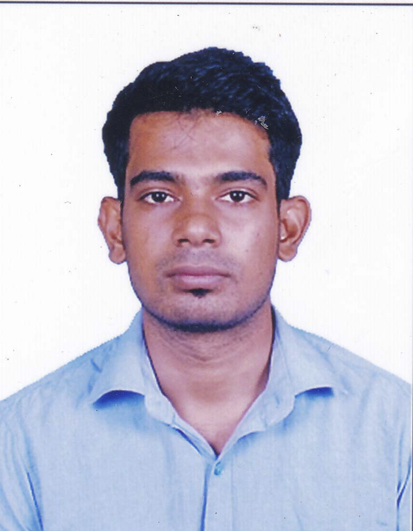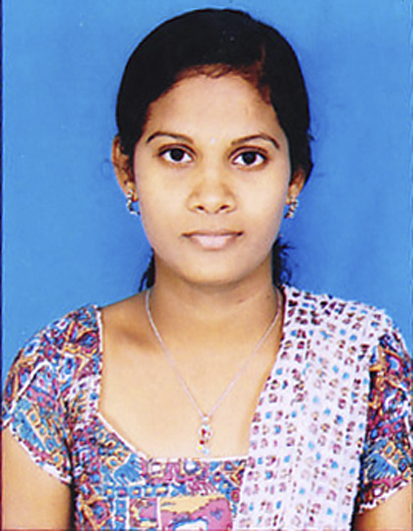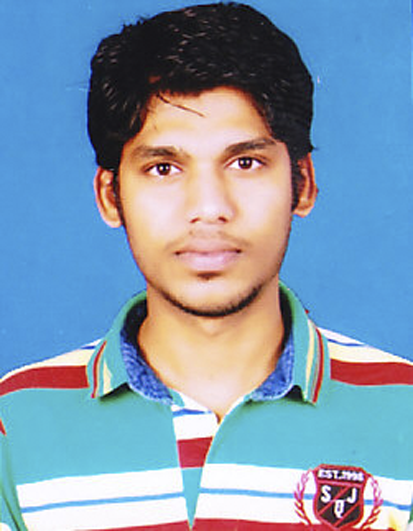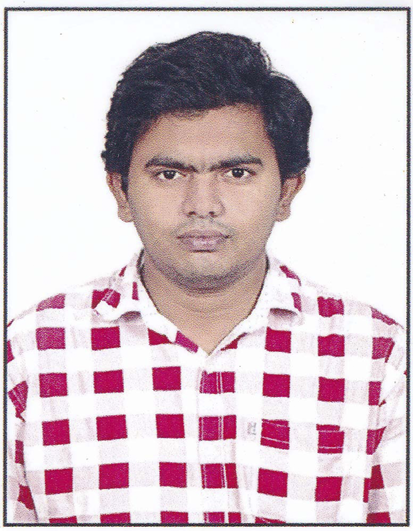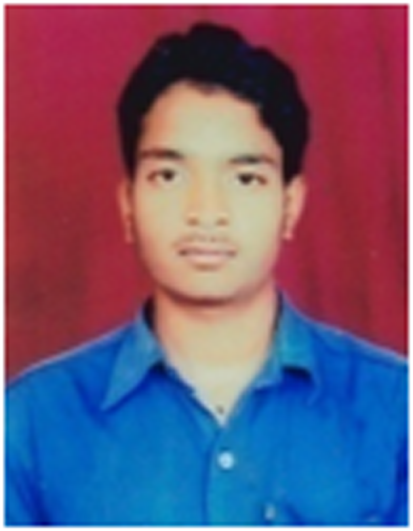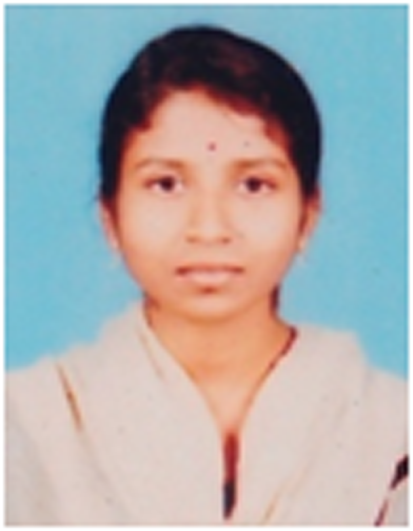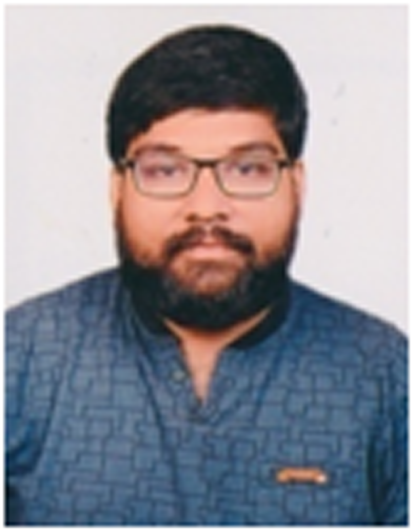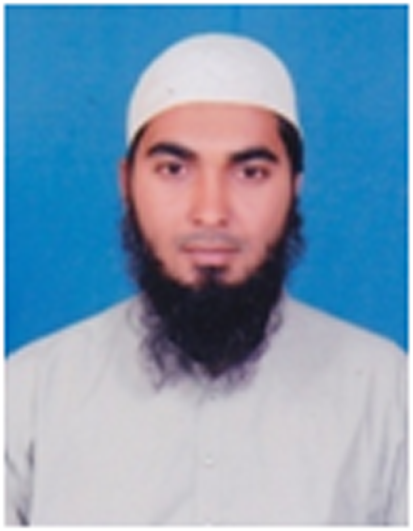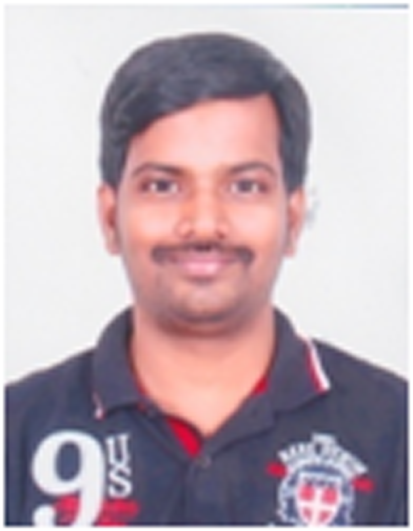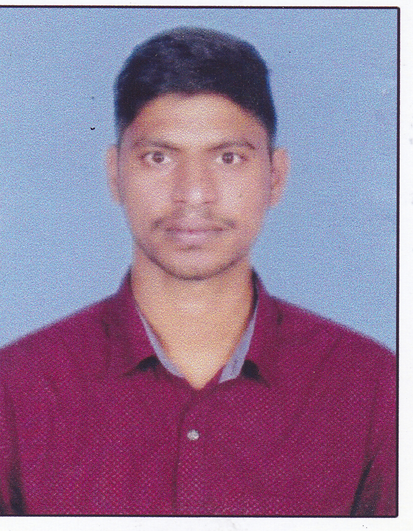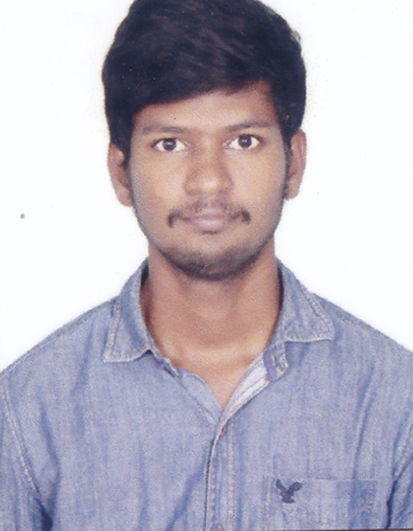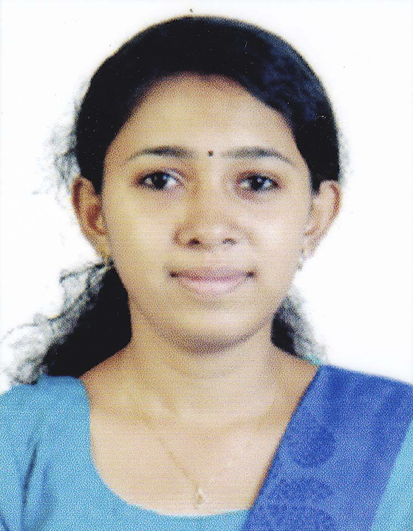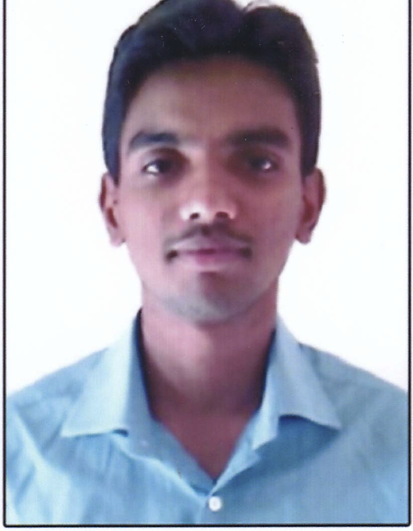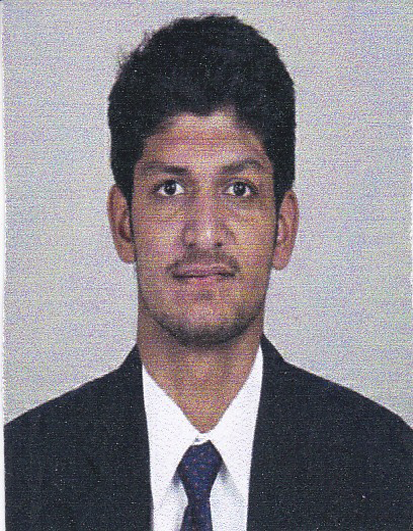Department of Civil Engineering
About
‘Apara Bhageeratha’- Sir Arthur Cotton remains revered and enjoys the pride of place in the
hearts of the people in coastal Andhra Pradesh for being the genius architect behind the
projects that made the delta region the ‘Rice Bowl’ for the state. With this inspiration taken
form the genius architect, the department of Civil Engineering at Aditya transfers innovative
applications to improve Civil Engineering practices which fulfill the requirements of civil
construction industry.
To face the challenges in the field, the department associates itself in different consultancy
activities like quality control, design, detailing, soil testing and concrete testing to the
construction sites in the close vicinity. To shore up transition of knowledge, eminent
personnel from industry and academia are invited to deliver technical talks on emerging
areas to keep the students abreast with the latest advancements.
The department has state-of-the-art facilities, latest software like STAAD.Pro, AUTOCAD,
Revit Structures, Robot Structure analysis etc. and well-equipped laboratories with costly
equipment such as Total Station, Universal Testing Machine, Tri-axle Shear Testing Machine,
Kaplan turbine, Francis turbine, Pelton wheel testing rig, Compression testing machine,
Ultrasonic pulse velocity equipment etc.
The department offers unique internship opportunities to students in companies like L&T
Construction, Reliance Industries Limited, OIL, Irrigation Department, Govt. of A.P., Soma
Constructions, APCO Infra tech, Vizag Steel Plant etc.
Programmes offered
| Diploma | Intake |
| DCE (Diploma in Civil Engineering) | 120 |
| Under Graduate | Intake |
| B.Tech (Civil Engineering) | 120 |
| Post Graduate | Intake |
| M.Tech (Structural Engineering) | 12 |
Staff Details
| S.No |
NAME OF THE STAFF |
QUALIFICATION |
DESIGNATION |
EXPERIENCE |
PHOTO |
| 1 |
Ravi Kishore Pilla |
M.Tech., (Ph.D.) |
Assistant Professor & HOD |
8 Years |
|
| 2 |
Dr. V SWAMYNADH |
Ph.D |
Assistant Professor |
1 Years |
|
| 3 |
Dr. Jaswanth Gangolu |
B.E., Ph.D. |
Assistant Professor |
1 Year |
|
| 4 |
Dr. Pachaiappan |
M.Tech., Ph.D. |
Assistant Professor |
1 Year |
|
| 5 |
Lakshmi Panuganti |
M.Sc., M.Phil. M.Tech., |
Associate Professor |
19 Years |
|
| 6 |
P.Shiva Kumar |
M.Sc., (Geology) (Ph.D.) |
Sr.Assistant Professor |
10 Years |
|
| 7 |
Devi Chukkala |
M.Tech. |
Assistant Professor |
8 Years |
|
| 8 |
Swathi Guthula |
M.Tech. |
Assistant Professor |
7 Years |
|
| 9 |
Dinesh Gaddam |
M.Tech. |
Assistant Professor |
5 Years |
|
| 10 |
Urmila Pallepamula |
M.Tech. |
Assistant Professor |
4 Years |
|
| 11 |
Hemanth Jamisetty |
M.Tech. |
Assistant Professor |
4 Years |
|
| 12 |
Addanki Nagarjuna |
M.Tech. |
Assistant Professor |
1 Year |
|
| 13 |
Goutham Valloju |
M.Tech. |
Assistant Professor |
1 Year |
|
| 14 |
Rekha Korimi |
M.Tech. |
Assistant Professor |
1 Year |
|
| 15 |
Sumith Kumar Erukulla |
M.Tech. |
Assistant Professor |
1 Year |
|
| 16 |
Farooq Mohammad |
M.Tech. |
Assistant Professor |
1 Year |
|
| 17 |
Satyanandam Gangisetti |
M.Tech. |
Assistant Professor |
1 Year |
|
| 18 |
Neerasa Anil Kumar |
M.Tech. |
Assistant Professor |
1 Year |
|
| 19 |
M.L Sai Krishna |
M.Tech. |
Assistant Professor |
1 Year |
|
| 20 |
Arya Haridas |
M.Tech. |
Assistant Professor |
1 Year |
|
| 21 |
P.P.Bharathi Kalanadhabhatta |
M.Tech. |
Assistant Professor |
1 Year |
|
| 22 |
Krishnakanth Gummidi |
M.Tech., (Ph.D.) |
Assistant Professor |
1 Year |
|
| 23 |
CHOUDHARY SUMIT MUKUND
|
M.Tech., (Ph.D.) |
Assistant Professor |
1 Year |
|
Our Mission
M1:By imparting and enriching students with technical knowledge and problem solving skills.
M2: By following a teaching-learning process abreast with changing industry needs and current societal challenges
M3: By establishing a successful industry and institution collaboration.
M3: By providing better quality departmental infrastructure to promote civil engineering research activities.
Our Vision
To produce globally employable, technically competent and ethically sound Civil Engineering Professionals
PROGRAM EDUCATIONAL OBJECTIVES
PEO 1:
Have successful professional career in Civil engineering.
PEO 2:
Analyze, design and build safe, sustainable and economical structures in all Civil engineering areas.
PEO 3:
Display communication skills and leadership quality needed to deal with industry and society..
PEO 4:
Engage in life-long learning and service to their profession for the betterment of society and environment
PROGRAM OUTCOMES
PO 1:
Apply knowledge of mathematics, science, engineering fundamentals and an engineering specialization to the solution of complex engineering problems.
PO 2:
Identify, formulate, research literature and analyze complex engineering problems, reaching substantiated conclusions using first principles of mathematics, natural sciences and engineering sciences.
PO 3:
Design solutions for complex engineering problems and design systems, components or processes that meet specified needs with appropriate consideration for public health and safety, cultural, societal, and environmental considerations.
PO 4:
Conduct investigations of complex problems using research-based knowledge and research methods including design of experiments, analysis and interpretation of data, and synthesis of information to provide valid conclusions.
PO 5:
Create, select and apply appropriate techniques, resources, and modern engineering and IT tools, including prediction and modelling, to complex engineering activities, with an understanding of the limitations.
PO 6:
Apply reasoning informed by contextual knowledge to assess societal, health, safety, legal and cultural issues and the consequent responsibilities relevant to professional engineering practice.
PO 7:
Understand the impact of professional engineering solutions in societal and environmental contexts and demonstrate knowledge of, and need for sustainable development.
PO 8:
Apply ethical principles and commit to professional ethics and responsibilities and norms of engineering practice.
PO 9:
Function effectively as an individual, and as a member or leader in diverse teams and in multidisciplinary settings
PO 10:
Communicate effectively on complex engineering activities with the engineering community and with society at large, such as being able to comprehend and write effective reports and design documentation, make effective presentations, and give and receive clear instructions
PO 11:
Demonstrate knowledge and understanding of engineering management principles and apply these to one’s own work, as a member and leader in a team and to manage projects in multidisciplinary environments.
PO 12:
Recognize the need for, and have the preparation and ability to engage in independent and life-long learning in the broadest context of technological change
PROGRAM SPECIFIC OUTCOMES
PSO 1:
Survey, map, measure and analyze data for sustainable civil engineering infrastructure planning.
PSO 2:
Analyze and design concrete & steel structures, earthen embankments, irrigation structures, water supply, waste treatment systems and transport systems considering public health and safety, cultural, societal and environmental aspects.
PSO 3:
Develop the skills to identify, formulate and solve civil engineering problems using modern tools and techniques like STAAD Pro V8i, Robot Structural Analysis, Revit, etc..
PSO 4:
Apply ethical principles and commit to professional ethics and responsibilities and norms of civil engineering practice.


